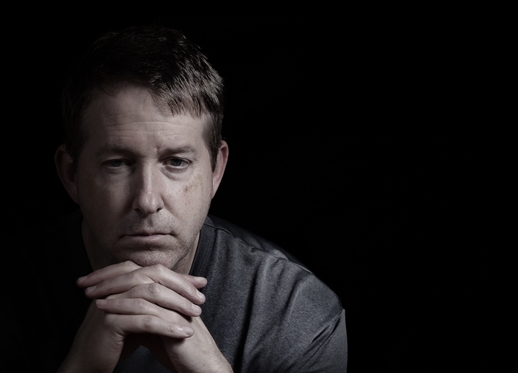At an hours-long conference on caring for people in psychiatric crisis, the County Board of Supervisors got an assessment of the current behavioral health system and actions underway to address current and potential future gaps in emergency and inpatient psychiatric resources in the region.
Behavioral health experts, elected and law enforcement officials and other stakeholders gave presentations and spoke to the Board which, at the request of Chairwoman Kristin Gaspar, scheduled the conference after the recent closure of inpatient psychiatric hospital beds in north county and across the state.
The concern for the Board is that without reliable sources for inpatient psychiatric care, patients end up in emergency rooms, jails or become homeless.
Conference participants stressed the need to focus their efforts on collaboration and supporting a robust system of care for those experiencing a behavioral health crisis. During the conference, some San Diegans shared their stories of mental illness and substance abuse and talked about the services that are helping them in their recovery.
Some highlights from today’s conference include:
- Nine percent of adults in San Diego County report a serious psychiatric distress on any given year. More than four percent of adults in the region are estimated to have a serious mental illness. Nine percent of adults in San Diego County are estimated to suffer from substance abuse disorder.
- More than 16 percent of young people between the ages of 15 and 24 report serious psychological distress during the past year. Seven percent are estimated to have a serious emotional disturbance. And about eight percent are believed to need help with alcohol and drug abuse.
- 458 San Diegans took their own lives last year.
- 641 people died from meth and opioid overdoses in 2017.
- 80,000 plus San Diegans received treatment services during fiscal year 2017-2018. However, all 3.3 million San Diego County are reached through media campaigns, trainings and other outreach.
- $658 million are budgeted for behavioral health services this fiscal year, a $200 million increase since the expansion of the Affordable Care Act four years ago.
- 600 patients are served monthly at the San Diego County Psychiatric Hospital. 60 percent are brought in by police (usually in response to a behavioral health emergency) and another 15 percent are brought in by police/Sheriff, as arrestees on their way to jail (or returning from) jail. The rest present as “walk-ins.”
- 70 Psychiatric Emergency Response Teams are funded throughout the county this year. Approximately 50 percent of PERT contacts result in diversion from hospitalization or jail.
- 257 units of high-quality dedicated supportive housing are currently fully leased up, with an additional 80 units under development/leasing up, for a total of 337 units. The homes are funded through the Mental Health Services Act.
- 1,322 additional supportive housing units have been established for clients with serious mental illness and/or co-occurring disorders thanks to County partnerships with local mental health providers.
“As a society, we must take a meaningful look into how we support and restore those among us who have been deeply affected by trauma in their lives, especially our children,” Chairwoman Gaspar said. “It is critical that we begin to shift our focus towards prevention and integrating mental health and physical health at a very young age.”
The Next Steps
The speakers indicated that some of the actions that have taken place provide immediate solutions to existing gaps but stressed that a comprehensive, long-term solution is needed.
The next steps, they indicated, will include:
- The Exodus Recovery walk-in assessment center will be expanding services and to operate a 24/7 crisis stabilization center. This will include the ability for law enforcement to drop off individuals in psychiatric crisis. This service is expected to be available in early 2019.
- The number of staffed beds at the County Psychiatric Hospital will increase from 45 to 82, it’s full capacity.
- Continue working with Palomar Hospital to understand the impacts to their system and to help ensure they are equipped to handle increased volume.
- Approximately 150 additional long-term care and step-down beds are being added to the County Behavioral Health system over the next year, which is expected to significantly reduce the number of patients in hospitals who no longer need psychiatric crisis care.
The speakers stressed the need to continue ongoing collaborations and convene partners across all sectors to look at what is working, assess the needs of the region and consider increasing resources to address the need for behavioral health services and establish a system of care that is fully integrated.






